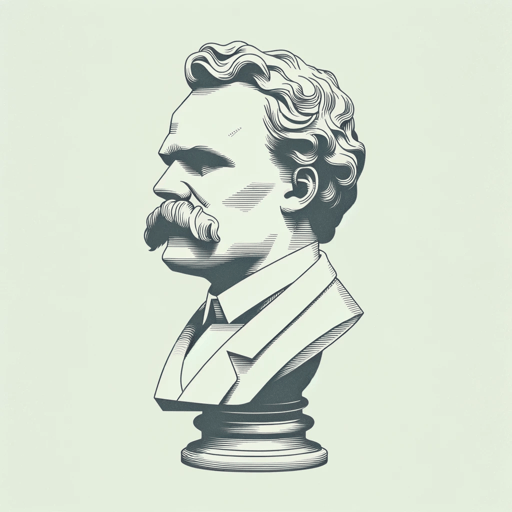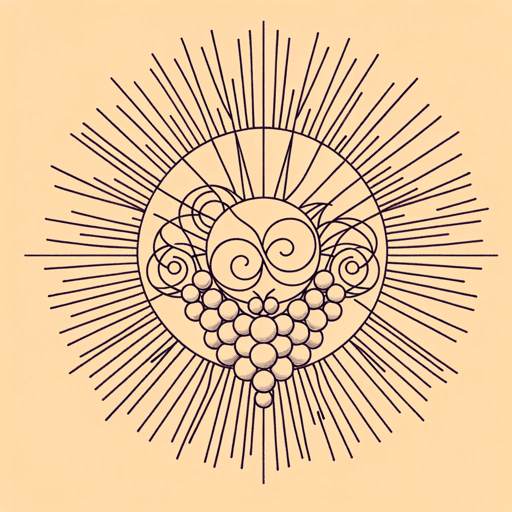32 pages • 1 hour read
Friedrich NietzscheThe Gay Science
Nonfiction | Book | Adult | Published in 1882A modern alternative to SparkNotes and CliffsNotes, SuperSummary offers high-quality Study Guides with detailed chapter summaries and analysis of major themes, characters, and more.
Jest, Ruse and Revenge: A Prelude In Rhyme-Book SecondChapter Summaries & Analyses
Summary: “Jest, Ruse and Revenge: A Prelude In Rhyme”
In sixty-three brief verses, Nietzsche introduces the voice of the free-spirit, medieval, troubadour knight of the poems in The Gay Science. With titles like “My Cruelty,” “The Disguised Saint,” and “Taste in Choosing,” the verses touch on themes of darkness, unrivaled joy, freedom, and immortality. Each one reads like an incantation, or a quick revelation. This prelude in verse sets the optimistic, profound, yet sometimes ironic tone for this book of poems, introducing us to the whimsical yet educated voice Nietzsche employs.
From the first verse, Nietzsche opens the door on a new philosophical world: “Venture, comrades, I implore you, / On the fare I set before you” (3). “A Prelude In Rhyme” evolves as though the speaker is recounting a journey from intellectual darkness and confusion to light and clarity, then back again into the dark well, before emerging with a second clarity. This alludes to the jubilant philosophical physician, discussed in the Preface, whose mission, Nietzsche says, is best described as healing a sickness. “The whole book is really nothing but a revel after long privation and impotence: the frolicking of returning energy, of newly awakened belief in a to-morrow and after to-morrow” (vii).
Related Titles
By Friedrich Nietzsche

Beyond Good And Evil
Friedrich Nietzsche

On The Advantage And Disadvantage Of History For Life
Friedrich Nietzsche

On the Genealogy of Morals
Friedrich Nietzsche

The Antichrist
Friedrich Nietzsche, Transl. H.L. Mencken

The Birth of Tragedy
Friedrich Nietzsche

The Will to Power
Friedrich Nietzsche, Ed. Walter Kaufmann, Transl. R.J. Hollingdale

Thus Spoke Zarathustra: A Book for All and None
Friedrich Nietzsche

